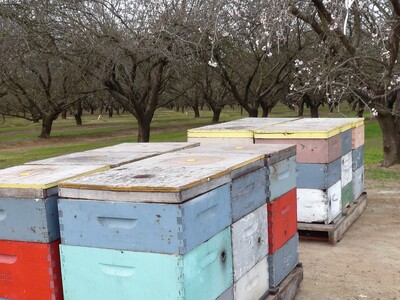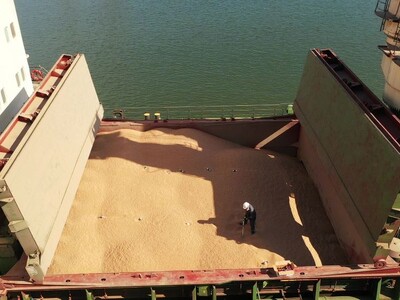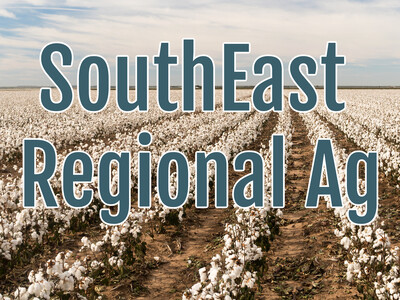The Challenge of Researching Regenerative Farming

Tim Hammerich
News Reporter
Many of the products and practices used on the farm today are the result of many years of public and private research. While this science takes time, it gets further complicated when a field is treated as a complex system instead of just a medium for producing yield. Dr. Erin Silva, a specialist in organic and sustainable cropping systems, says this makes it more challenging to research regenerative solutions.
Silva… “ It definitely is. And I know that farmers, especially those that are in the area of regenerative agriculture, often criticize that the universities are behind on practitioner knowledge and expertise. And some of that is because it is very difficult to be able to capture the impacts of these practices often because they are so biologically based across a wide range of ecosystems and environments. A lot of what we see, with the impacts of these practices, are impacts on soil biology and the broader ecosystem. So in trying to capture the results of those changes in practice over multiple soil environments that have different sorts of soil textures and chemistry, rainfall, weather, and how that impacts soil biology—it can be incredibly complex.”
Dr. Silva is an Associate Professor, State Extension Specialist, and Director for the Center for Integrated Agricultural Systems at UW-Madison.












